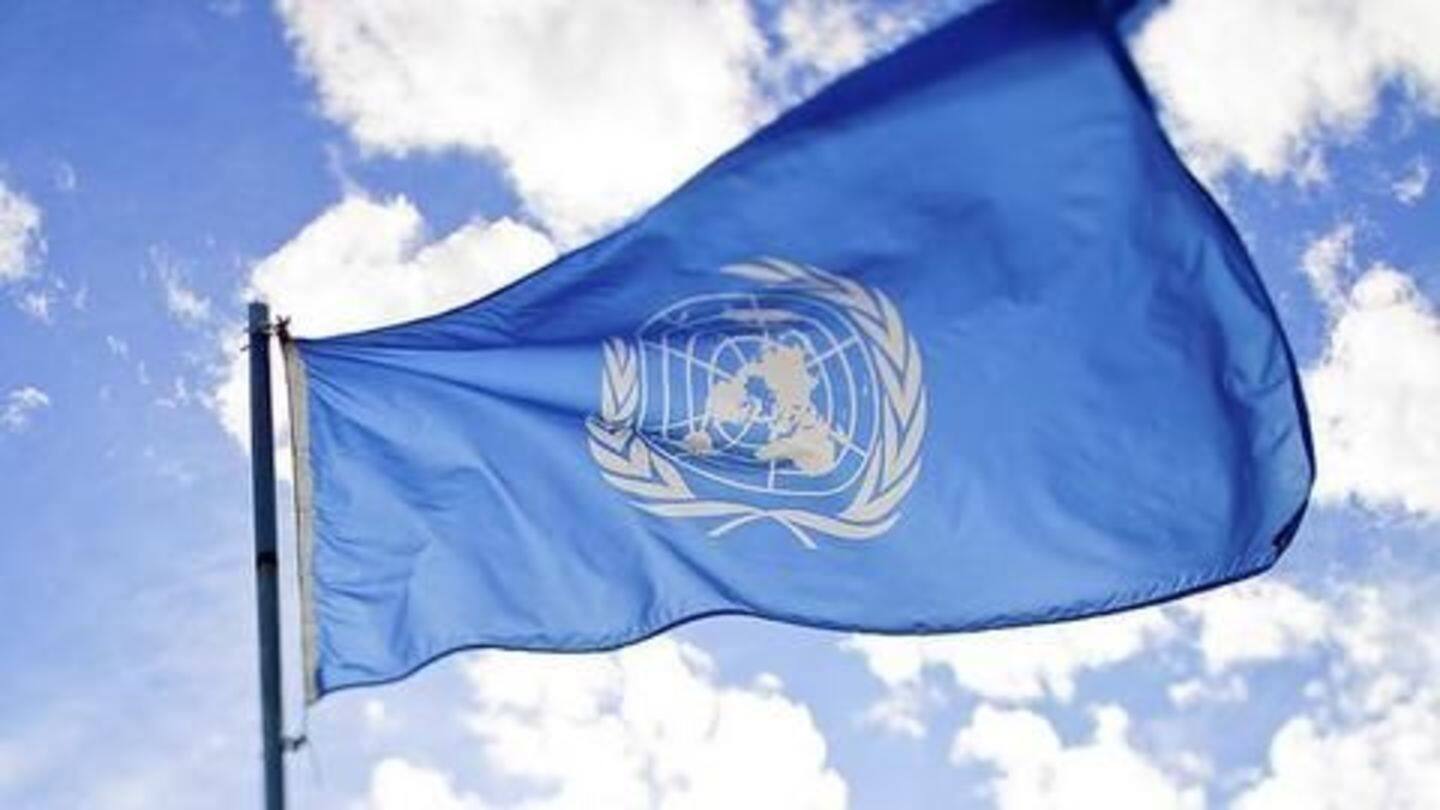
UN warns of famine in Yemen in 2017
What's the story
The UN has warned that Yemen could face a famine in 2017 if humanitarian aid is not delivered to people in the war torn country. The UN called it "the largest food security emergency in the world," adding that "a child under the age of 10 is dying every 10 minutes." They called for "immediate action," to avoid letting the country face famine.
Information
Yemen: Introduction
Yemen was formed in 1990 with the unification of the US and Saudi-backed Yemeni Arab Republic, in the north, and the USSR-backed People's Democratic Republic of Yemen, in the south under the leadership of Ali Abdullah Saleh, who had ruled North Yemen since 1978.
Houthis
The Houthi insurgency
The official religion of Yemen is Islam and the ethnicity comprises of 65% Sunni Muslims and 35% Shia Muslims. The Houthis belong to the Zaidi Shia sect of Islam, comprising 1/3 of Yemen's population. The Houthi insurgency began in 2004, demanding greater autonomy in their regions. It culminated in the aftermath of the Arab spring with the ouster of long-time leader Ali Abdullah Saleh.
Uprising
Uprising by the Houthis
The new president, Abdrahbu Mansour Hadi proposed dividing Yemen into 6 regions to calm sectarian tensions, a proposition rejected by the Houthis. They began an uprising and took over swathes of territory rendering the government helpless. Even the Yemeni military became divided into factions loyal to the Houthis, others loyal to the government and some loyal to former president Saleh.
Do you know?
Saudi Arabia and Iran's role
During the uprising, Sunni muslims in Yemen also supported the Houthis because they were disillusioned by the Hadi government's ineffective rule. However, neighbouring Sunni powers like Saudi Arabia could not allow a Shia militia to rule over a Sunni population. Hence the opposing Iran-Saudi intervention.
The Saudi Coalition
The Saudi coalition's intervention
Saudi Arabia, supported by the UAE, Bahrain, Egypt, Kuwait, Qatar, Jordan and Sudan began launching operations against the Houthis, in Yemen. They also received intelligence and logistical support from the US, UK and France. They have launched air strikes and missile attacks. The Saudi Coalition has shut down the Sanaa airport and bombed the Hudaydah port, the two access points for humanitarian aid.
Information
Who controls what?
The Houthis control areas in the western half of Yemen, including the capital Sanaa. Pro-government forces occupy the rest of the country including Aden. Pro-government forces are carrying out offensives from the southern regions of Yemen to push the rebels northwards.
Details
How grim is the situation?
So far 10,000 civilians have been killed in the fighting. UN statistics showed that 80% of Yemen's population was in need of food-aid. Data revealed that 2.2 million infants in the country now suffer from acute malnourishment. Officials said the country could run out of wheat soon as foreign banks have stopped accepting payments from Yemeni institutions.